Life
Sign up for our newsletter
We summarize the week's scientific breakthroughs every Thursday.
-
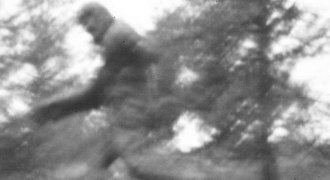 Genetics
GeneticsFinally, some solid science on Bigfoot
DNA analysis finds no Bigfoot, no yeti, two weird bears and one scientist on a quest for the truth.
-
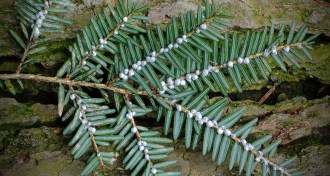 Ecosystems
EcosystemsInvasive insect tied to shrinking river
A river in North Carolina shrank after a hemlock woolly adelgid eradicated eastern hemlock trees in the region.
-
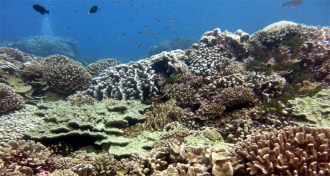 Life
LifeNear reefs, microbial mix dictated by coral and algae
A reef’s dominant organism, coral or algae, may determine what kind of bacteria live there.
-
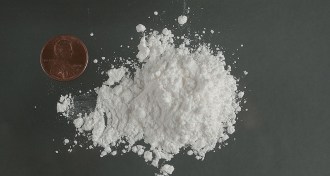 Neuroscience
NeuroscienceA mutated bacterial enzyme gobbles up cocaine
Cocaine is highly addictive, and those attempting to quit often relapse. Modifications to an enzyme that breaks down cocaine could help prevent abstinence setbacks.
-
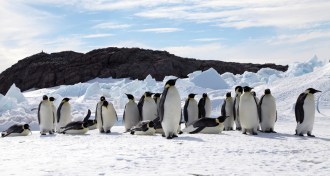 Animals
AnimalsEmperor penguin population could decline by 2100
Emperor penguins’ reign over Antarctic sea ice could be in decline by the beginning of the 22nd century.
-
 Neuroscience
NeuroscienceShaking up the body may improve attention
Just two minutes of whole body vibrations improved young adults’ attention to detail.
-
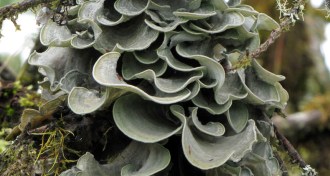 Life
LifeOne lichen is actually 126 species and counting
One supposedly well-known tropical lichen could really be several hundred kinds.
By Susan Milius -
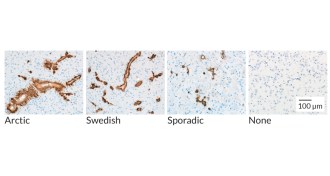 Neuroscience
NeuroscienceAlzheimer’s disease may come in distinct forms
Mouse experiments, if confirmed in people, imply that Alzheimer’s disease treatment should be personalized.
-
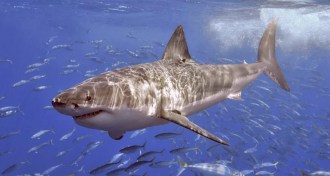 Animals
AnimalsWhy great white shark sightings are good news
Conservation measures implemented in the 1990s halted a decline in great white sharks in the Atlantic.
-
 Life
LifeAnimal sex lives exposed in ‘Nature’s Nether Regions’
What the sex lives of bugs, birds, and beasts tell us about evolution, biodiversity, and ourselves.
By Susan Milius -
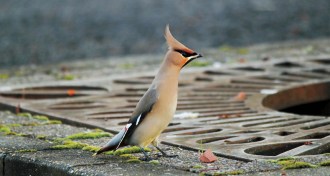 Animals
AnimalsTo ID birds, try facial recognition
Improve your backyard birding using facial recognition software.
-
